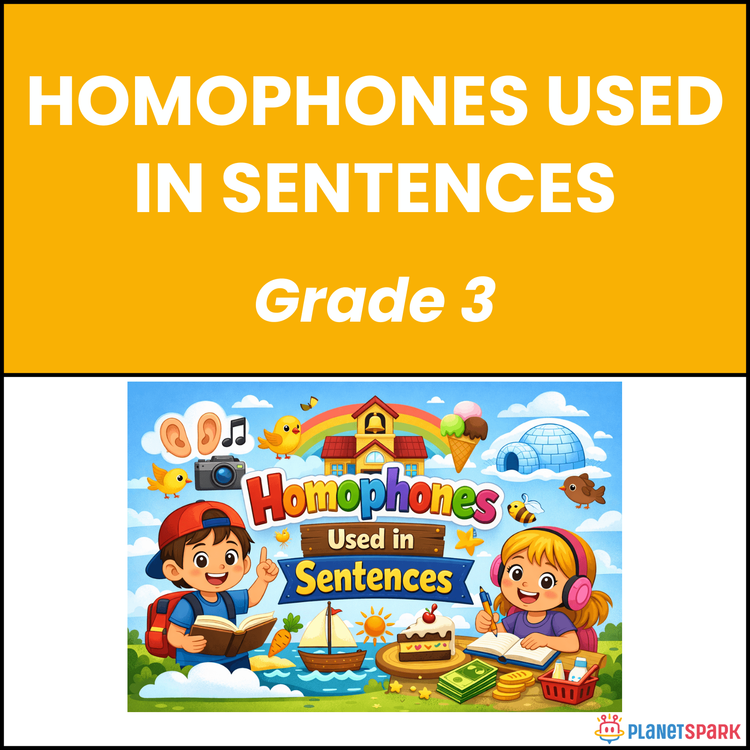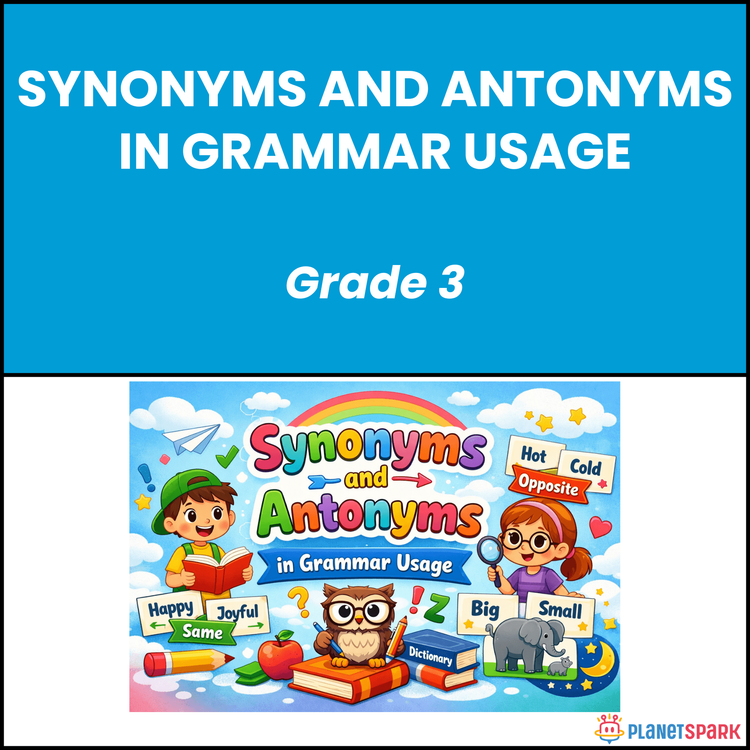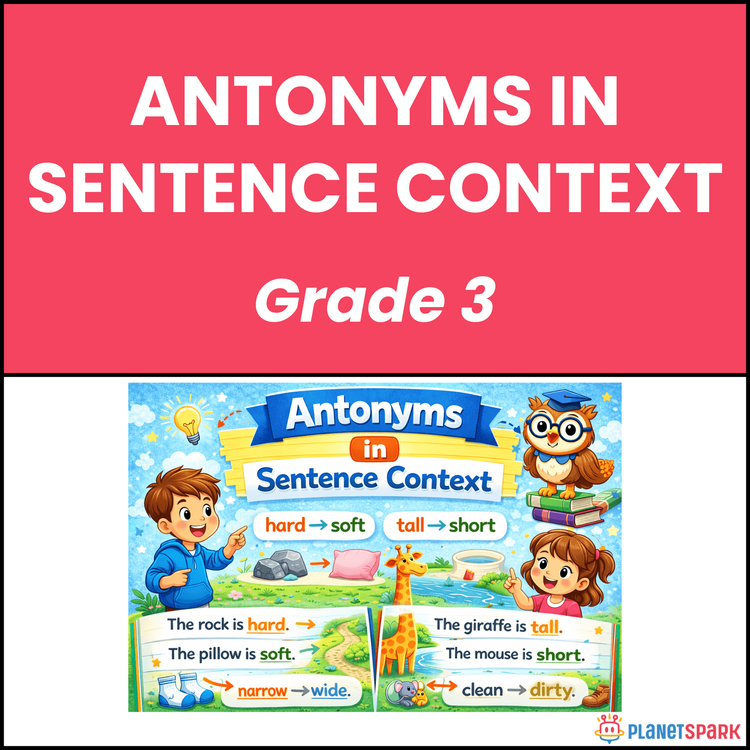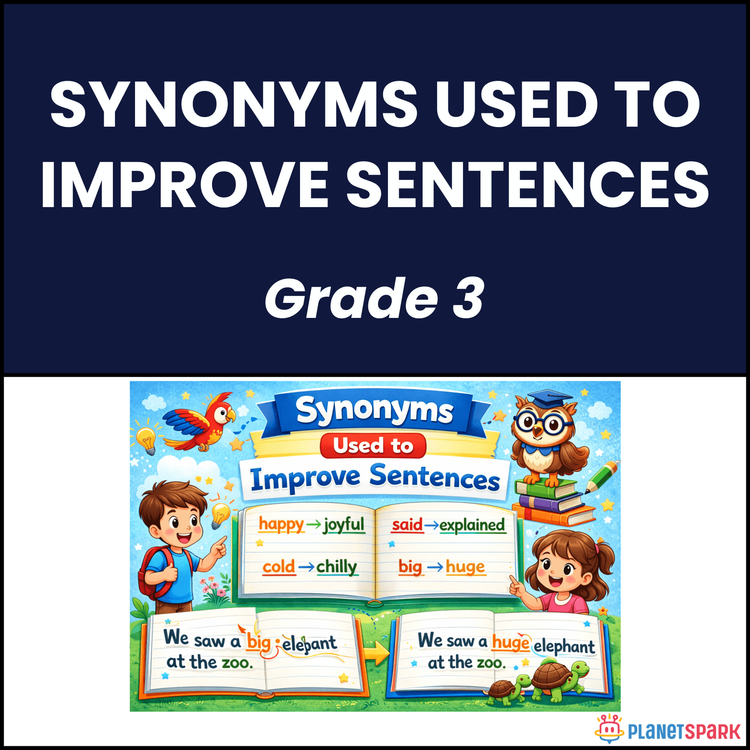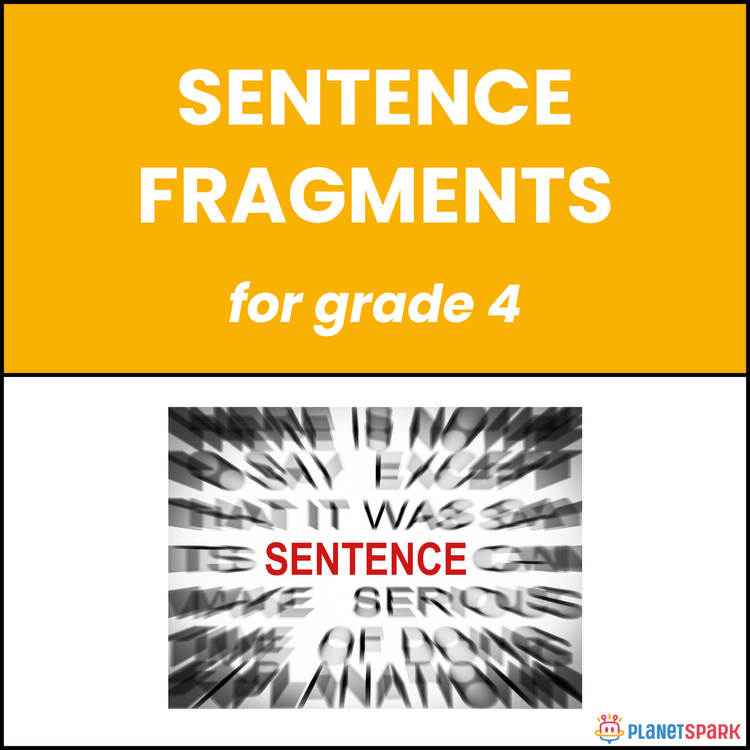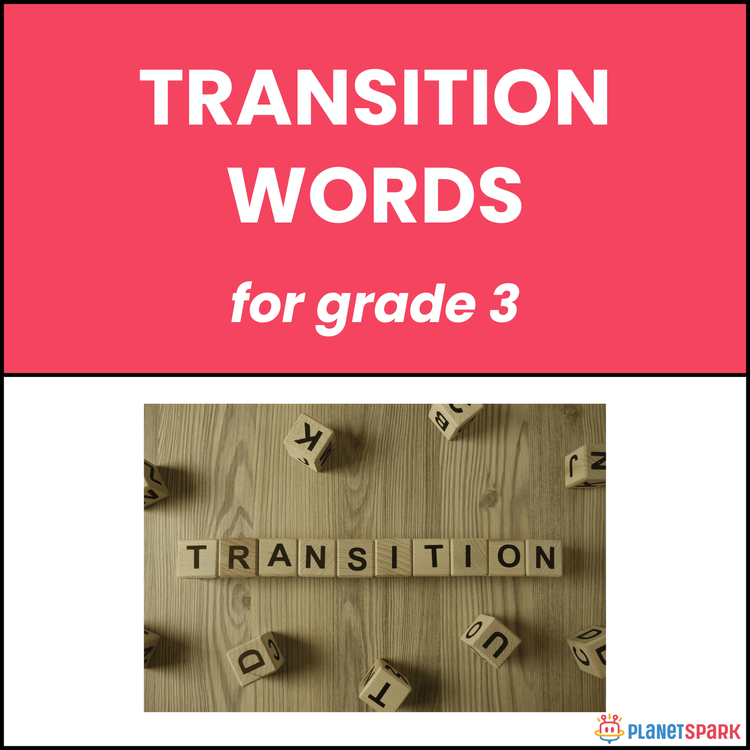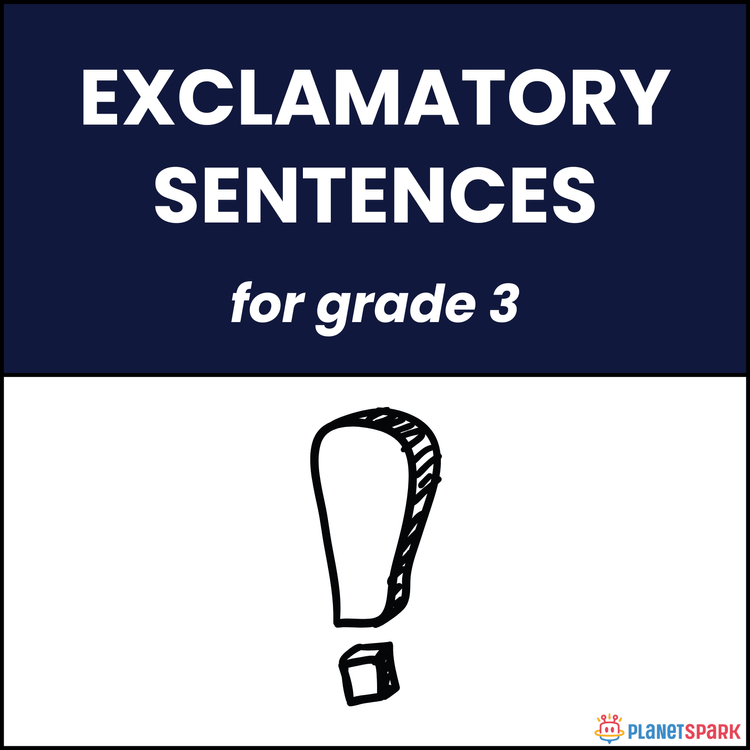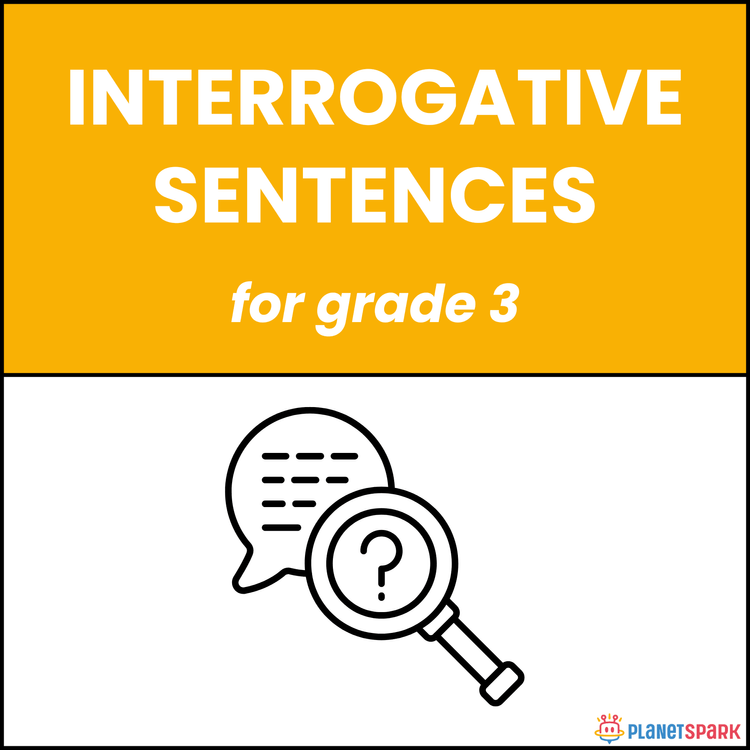Grade 3 Understanding Poems on Vocation by Tagore
Class 3Communication SkillsFree DownloadPDF
Shreyosee SarkarVisit Profile
I’m a passionate educator who loves working with children and helping them learn and grow. With a strong background in law and a natural inclination toward teaching, I aim to make learning both meaningful and enjoyable. Guiding young minds, nurturing curiosity, and watching them develop confidence is what truly inspires me every day.
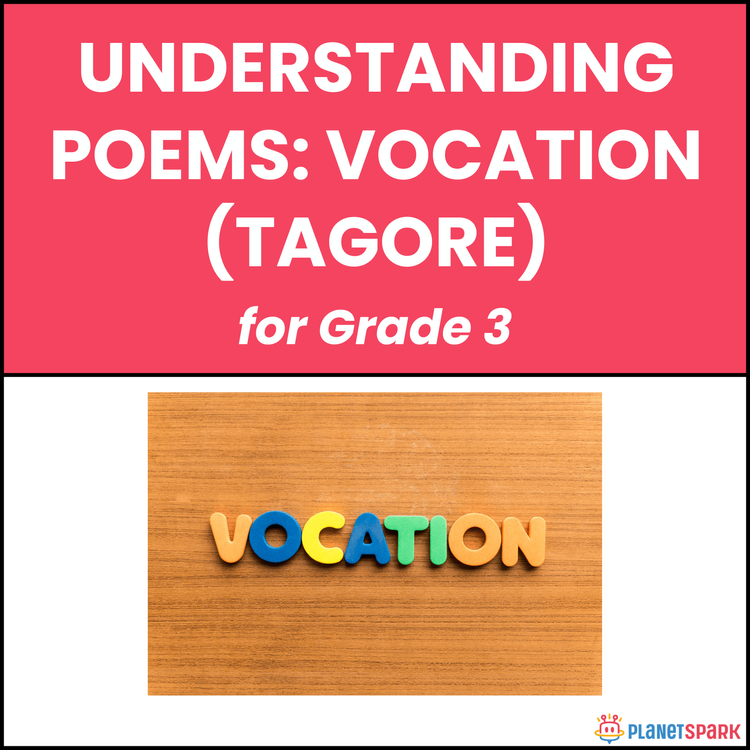

Grade 3 Understanding Poems on Vocation by Tagore
Class 3Communication SkillsFree DownloadPDF
Shreyosee SarkarVisit Profile
I’m a passionate educator who loves working with children and helping them learn and grow. With a strong background in law and a natural inclination toward teaching, I aim to make learning both meaningful and enjoyable. Guiding young minds, nurturing curiosity, and watching them develop confidence is what truly inspires me every day.
The Child Who Dreamed of Freedom: Understanding "Vocation" by Tagore for Class 3
This Grade 3 poetry comprehension worksheet is based on Rabindranath Tagore’s poem “Vocation.” It helps children appreciate the beauty of everyday life, understand emotions, and think deeply about freedom and responsibility.
Through multiple-choice, short-answer, and reflection-based exercises, learners strengthen vocabulary, comprehension, and empathy — while enjoying a heartfelt poem about a child’s imagination and dreams.
Why Understanding Poems Matters in Grammar?
Understanding poetry helps children explore emotions, imagination, and rhythm in language. For Grade 3 learners, this topic is important because:
1. It improves comprehension through rhythm and imagery.
2. It encourages empathy and emotional expression.
3. It builds vocabulary through poetic phrases.
4. It teaches moral lessons in a creative, relatable way.
What’s Inside This Worksheet?
📘 Exercise 1 – Multiple Choice Questions
Students select the correct answers about the poem’s main character, message, and observations.
📝 Exercise 2 – Short Answer Questions
Students write short answers about what the boy sees, hears, and feels in the poem.
💡 Exercise 3 – Critical Thinking Questions
Students interpret the deeper meaning of freedom, love, and happiness through the poet’s perspective.
🏷️ Bonus Task – Title Creation
Students give a suitable 5–7-word title to describe the poem’s main theme.
✅ Answer Key (For Parents & Educators)
Exercise 1 – Choose the Correct Option
1. b) A young boy
2. b) He could stay outdoors all day
3. b) The boy dreams of freedom in work
Exercise 2 – Short Answers
1. He saw the watchman, gardener, and hawker outside.
2. He heard his mother calling him to dinner.
3. The watchman could walk anywhere without scolding.
Exercise 3 – Critical Thinking
1. The boy admired the workers because they seemed free and happy, unlike him who had school rules to follow.
2. He smiled because he realised his mother’s love was more precious than freedom.
3. The poem teaches that freedom looks fun, but real happiness comes from love, care, and belonging.
4. The Child Who Dreamed of Freedom
Help your child explore imagination and emotional understanding through poetry-based learning. Try a fun and reflective reading session today!
🔖Book a free trial!
Frequently Asked Questions
They introduce rhythm, rhyme, and expressive language, helping children enjoy and understand poetic verses.
Parents can encourage visualization of scenes and feelings while reading, enhancing English comprehension and literary appreciation.
It connects personal experiences with reading, boosting engagement, imagination, and Class 3 English comprehension.
